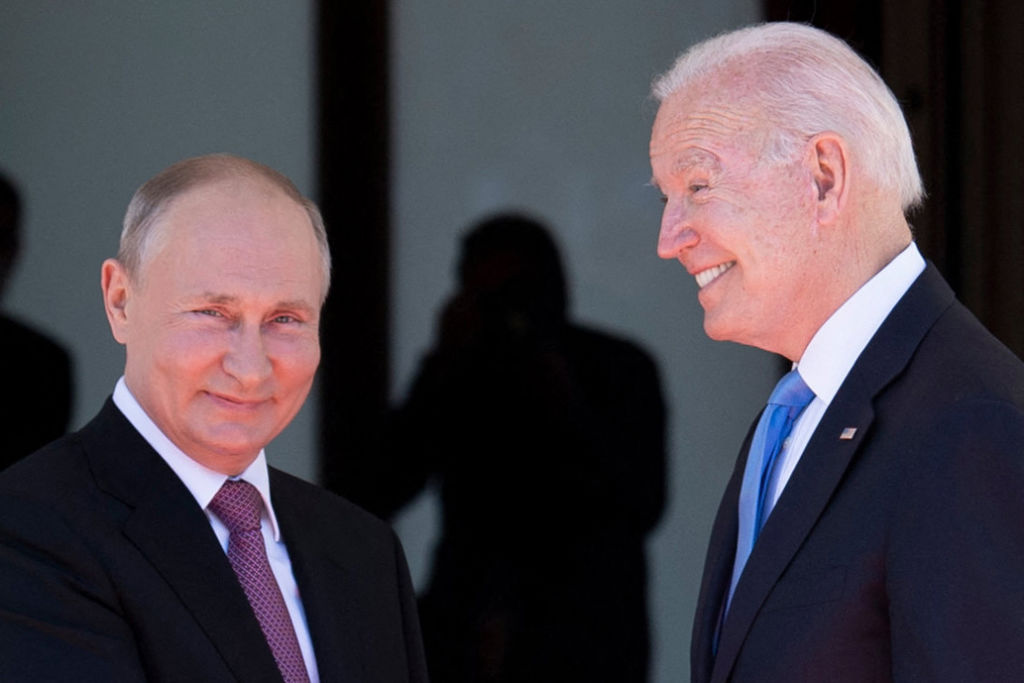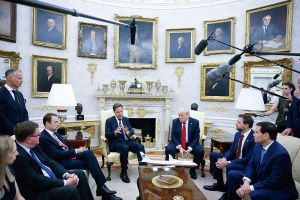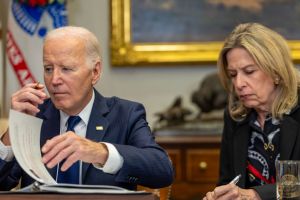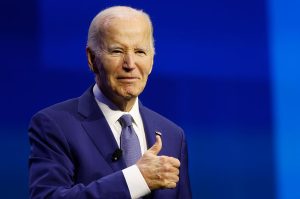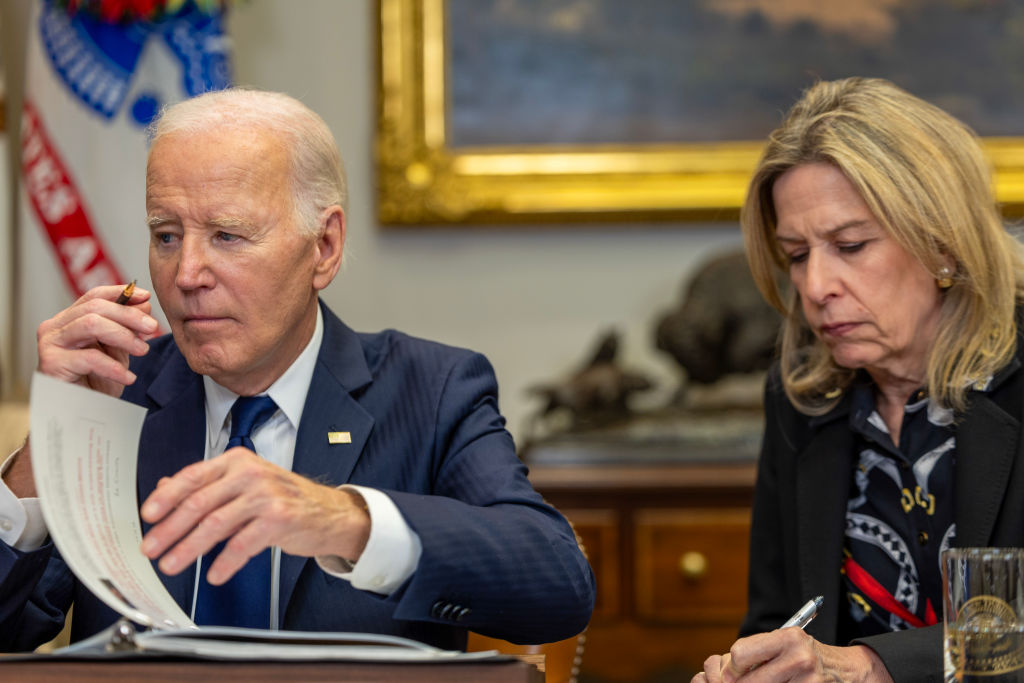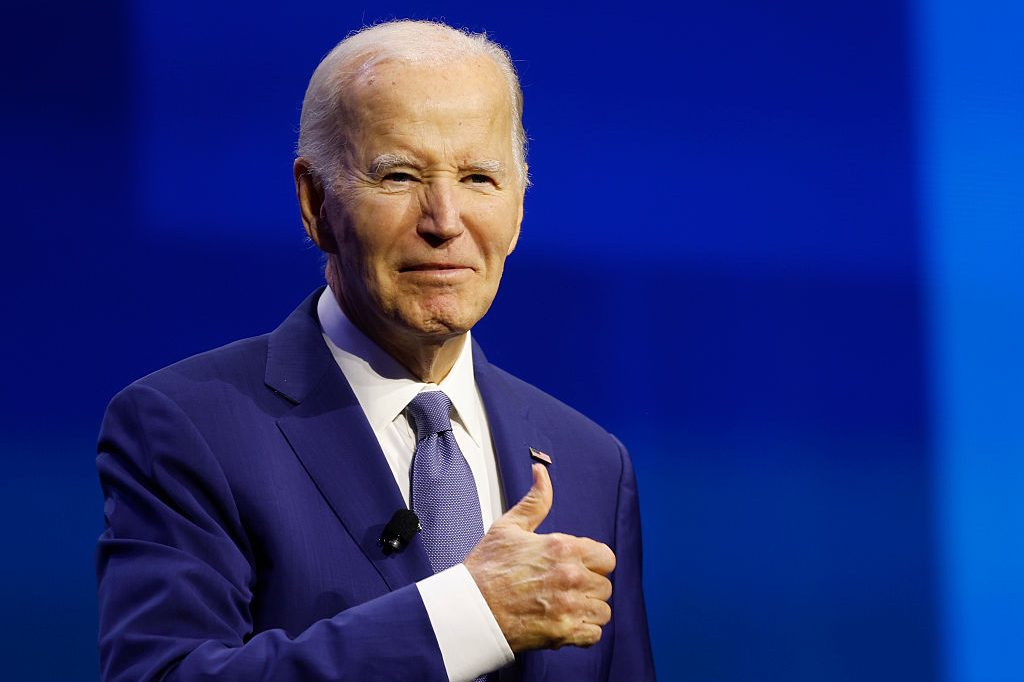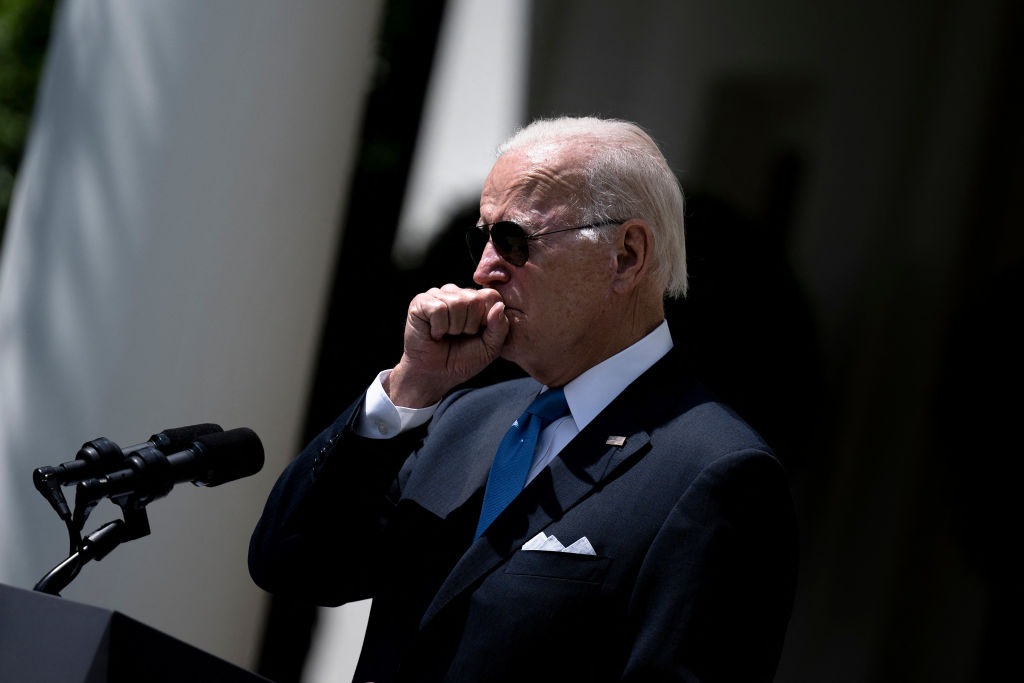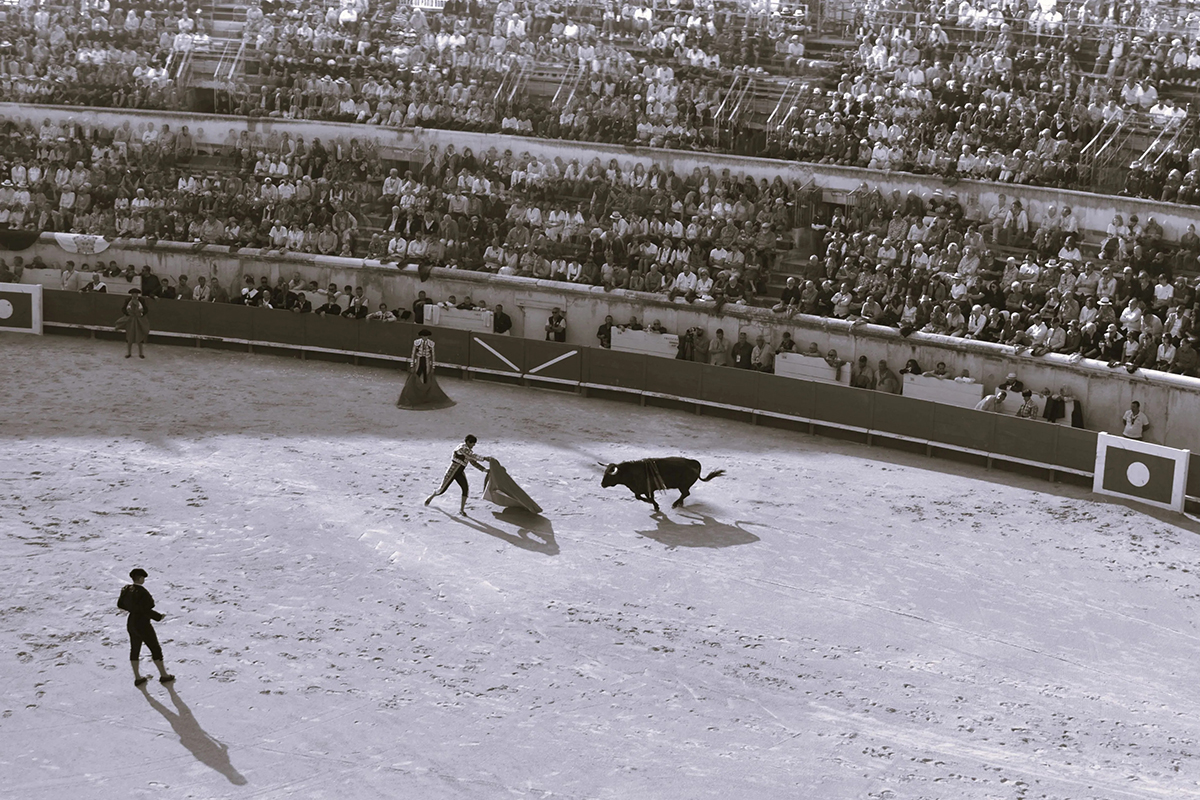Vladimir Putin doesn’t need to send troops into Ukraine. He has already achieved his strategic goals — for now.
The leading European Union powers, France and Germany, are competing against each other for Putin’s ear, while Britain is competing against them by shipping arms to Ukraine. The United States is exposed as an unreliable protector, unable to defend its overextended position on Russia’s doorstep in Ukraine. NATO is divided and powerless, a shadow of imperial overreach.
A decrepit caste of corrupt leaders is incapable of managing a controlled retreat from imperial overreach. America today, or Russia the day before yesterday? Vladimir Putin witnessed the decay and collapse of the Soviet Union, and the subsequent expansion of NATO up to Russia’s borders. He is now returning the favor. He is pushing American and European influence out of Ukraine, and unpicking the already frayed bonds of NATO and the EU.
Geopolitics is not about morality. It is about the effective use of power. For thirty years, the smart opinion in Washington was that post-Soviet Russia was no threat to anyone because it had an economy the size of Portugal and its economy ran on carbon fuel exports. That these statistics were true shows how well Vladimir Putin has played his limited hand — and how arrogantly the US has mishandled relations with Russia while its experts tell each other flattering fictions.
When George Kennan, the architect of Cold War containment, reviewed the American diplomacy of the 1890s, he noted an “overestimation of economics, of trade, as factors in human events and the corresponding underestimation of psychological and political reactions — of such things as fear, ambition, insecurity, jealousy and perhaps even boredom — as prime movers of events.” Kennan habitually decried the crusading idealism of Wilsonian foreign policy. Here, he detects idealism’s shadow, the tendency to overemphasize material interest, as an obstacle to understanding what we are dealing with.
This applies to allies as it does to rivals. It is not hard to see why Putin might want to redraw the map of eastern Europe, rebalance the power dynamics of the European continent and push the United States out of Europe by breaking up NATO. Kennan saw the Clinton administration’s triumphalist expansion of NATO and the EU up to Russia’s doorstep as containment continued past its sell-by date. He called it “a tragic mistake” and saw where it would lead: “I think the Russians will gradually react quite adversely and it will affect their policies. …There is no reason for this whatsoever.”
It is, though, harder to see why Germany might want to go along with Putin’s big play, or why France might, as it usually does, do everything it can to hamper the United States when the chips are down. The motivations for the behavior of France and Germany are harder to understand because they go against both the bottom line of material interest and the higher aspirations of the American ethos. Understanding them requires modesty before the basic facts of history and culture.
Why did the Germans allow Angela Merkel to turn off their nuclear power stations and make them dependent on Russian gas? Because the Germans have a primitive worship of Nature, because they think it makes them better than other people, and because, geography being what it is, they always have to choose between Russia and France. They’re not doing it out of guilt over World War II. They’re doing it because they lost the war and still think they’re special — which, looking at it this way, they are, one way or another.
Why did Emmanuel Macron scramble to organize a summit with Russia in Paris rather than allow the US, the senior partner in NATO, to set the table? Because the French despise the US even more than the Germans do, and they too think this might be a chance to slough off the boorish Americans. Because French foreign policy since 1945 has been a long campaign against the true enemies of civilization, les Anglo-Saxons, because the Germans no longer need the French to rehabilitate them, and because the French genuinely believe the United States is little more than England on steroids and hence, culturally speaking, a worse influence than Russia, which at least has a soul where the Anglo-Saxons have a wallet.
It is the task of professional diplomats to understand their material, regardless of whether they approve of it. But the United States was in many respects founded to repudiate local variations of fact and history, and to install a better and universal way of doing things. This is why Americans do not make good diplomats — and why Kennan, one of the greatest diplomatic analysts of America’s imperial century, left no school of followers in the think tanks.
Russia is not the only empire that the US humbled in the twentieth century. When FDR committed the US to smashing the German empire, he also committed the US to unmaking the British and French empires. Long after the last American has left the last base in Europe, the British, French and Germans will still be there, and so will the Russians. Now, as American credibility and coherence fall away, they’re responding by being more British, French, German and Russian than ever, just as the US is accelerating its strategic decline by falling ever further back on the American creed.
What the US needs now is Kennan’s subtle and cynical policy toward Russia: respect and understand your antagonist, remember that the Russian people are not the same as their leaders, build your foreign policy on your domestic strengths, avoid extremes in policy and action. If you think Joe Biden is capable of any of that, I have a dacha in Crimea to sell you.



